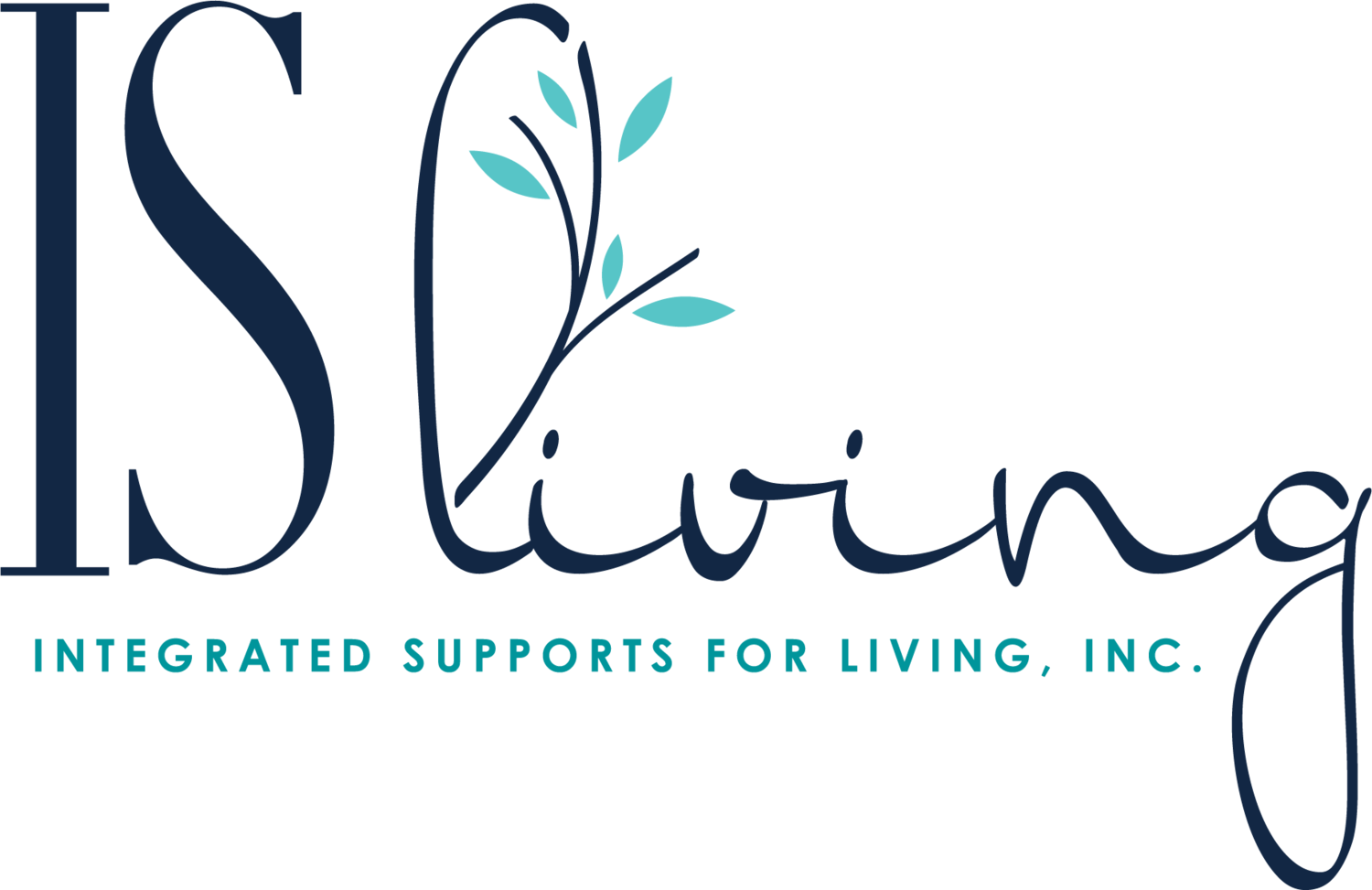Residential Support Services
Our Specialized Contract programs provide tailored housing accommodations. We work closely with the State of Oregon to create housing opportunities as needs arise.
Specialized Contacts
Currently we operate one apartment complex and several single-family homes in Salem. We are proud to offer programs with a focus on behavioral-health supports.
I/DD Programs
In December of 2019, we opened our first program specifically for youth with medical support needs. We look forward to expanding this program to provide support to more children.
Children’s Programs
360 Employment and Empowerment Services
-

Office of Developmental Disability Employment Services (ODDS)
Community Living Supports
Progressive Path
Discovery
Benefits Counseling
Small Groups – Sustainable Contracts
On-going Long-Term Job Coaching Supports
-

Oregon Vocational Rehabilitation Services (OVRS)
Career Exploration
Trial Work Experiences
Job Placement Strategy and Review
Targeted Vocational Assessments
Community-Based Work Experiences
Initial Job Coaching
On-the-Job Training
-

Willamette Workforce Partnership (WWP)/ Worksource Oregon (WSO)
Work Ready Assessments
Basic Career Coaching
Referrals to Training & Scholarships
Referrals to Intensive Career Coaching
Transitional Jobs
On-the-Job Training
AIM: Autonomy in Motion
We also offer online “virtual” services!
These services are designed to provide skill training/practice and to heighten connection with providers or therapeutic cohorts that support their community involvements.
Our Philosophy
IS Living’s vision is to develop and provide services that empower others to live happy, fulfilling lives.
The Autonomy in Motion (AIM) program has been developed to support persons experiencing disability and isolation to attain and maintain self-selected, valued community roles which reflect their interest, talents, and preferences while giving them full decision-making ability.
When we ensure all people are able to participate fully in our community, our entire community is richer.
What We Do
The AIM program provides assessment, planning, skills training, education, resources, and experiences to support people experiencing disability. It is our AIM that all people have self-selected, valued community roles that reflect their interests, preferences, and talents.
How We Do This
Upon entry into the AIM program, individuals will complete a social-leisure assessment that will identify:
Personal preferences
Interests
Talents
Experiences
Needs
Preferred learning styles
Sought after community roles
This assessment will be the basis for the development of a strategic action plan for community integration.
Within 20 service days, this plan shall be completed and provided to the Service Coordinator/Case Manager for inclusion and authorization through the ISP process. The action plan shall include, at a minimum, three measurable objectives that measure the individual’s progress toward achieving their self-selected service goals.
The Autonomy in Motion, “AIM” program is a Community Living Support (CLS) service to support individuals in achieving a more full and inclusive life, ample with connections within the community.
Communication
The AIM Program Coordinator (or whom they delegate) participates in ISP team meetings to review, report, and enhance the proficiency of services.
Are you or someone you know looking for housing support services?
Silvertowne Apartments include 1 and 2 bedroom apartments nestled together in 2, 3, or 4 unit pods, which are scattered across 5 garden-like acres in Silverton, Oregon. Funding to build these properties was provided by USDA’s Rural Development with Section 515 stipulations requiring qualifications for low-income senior citizens (62 years of age or older) and people with disabilities.
Affordable Housing
Each property has a centrally located Commons Building with coin-operated laundry, a community kitchen, and an area for socializing. Each unit has a private patio with a locked storage area. Each unit has its own flower bed where clients can decide how to plant in order to add beauty and individuality to their homes. The site manager coordinates a variety of activities to promote good health, happiness, and provide a sense of community.
To find out more about qualifying or to get on our waiting list, call (503)873-6978. If you plan to visit and stroll through the winding walkways to see these lovely properties in person, be sure to drop by our office located at 1115 Mill St, Silverton to let us know. We can tell you more about how you may qualify and become a part of our community!
USDA’s Non-Discrimination Statement In accordance with Federal civil rights law and U.S. Department of Agriculture (USDA) civil rights regulations and policies, USDA, its Mission Areas, agencies, staff offices, employees, and institutions participating in or administering USDA programs are prohibited from discriminating based on race, color, national origin, religion, sex, gender identity (including gender expression), sexual orientation, disability, age, marital status, family/parental status, income derived from a public assistance program, political beliefs, or reprisal or retaliation for prior civil rights activity, in any program or activity conducted or funded by USDA (not all bases apply to all programs). Remedies and complaint filing deadlines vary by program or incident.
Program information may be made available in languages other than English. Persons with disabilities who require alternative means of communication to obtain program information (e.g., Braille, large print, audiotape, American Sign Language) should contact the responsible Mission Area, agency, or staff office; the USDA TARGET Center at (202) 720-2600 (voice and TTY); or the Federal Relay Service at (800) 877- 8339.
To file a program discrimination complaint, a complainant should complete a Form AD-3027, USDA Program Discrimination Complaint Form, which can be obtained online at https://www.ocio.usda.gov/document/ad-3027, from any USDA office, by calling (866) 632-9992, or by writing a letter addressed to USDA. The letter must contain the complainant’s name, address, telephone number, and a written description of the alleged discriminatory action in sufficient detail to inform the Assistant Secretary for Civil Rights (ASCR) about the nature and date of an alleged civil rights violation.
The completed AD-3027 form or letter must be submitted to USDA by: (1) Mail: U.S. Department of Agriculture Office of the Assistant Secretary for Civil Rights 1400 Independence Avenue, SW Washington, D.C. 20250-9410; or
(2) Fax: (833) 256-1665 or (202) 690-7442; or
(3) Email: program.intake@usda.gov USDA is an equal opportunity provider, employer, and lender.











